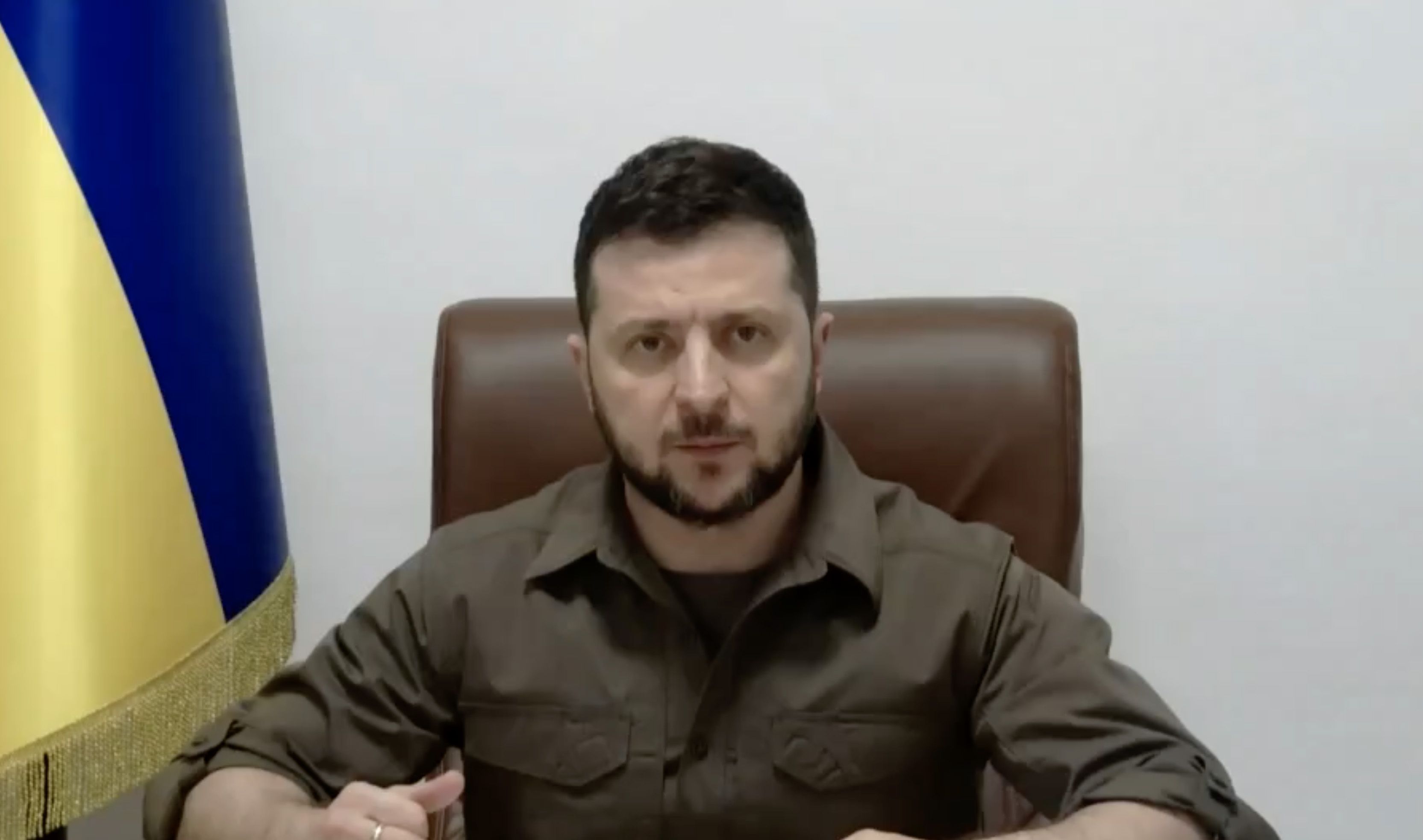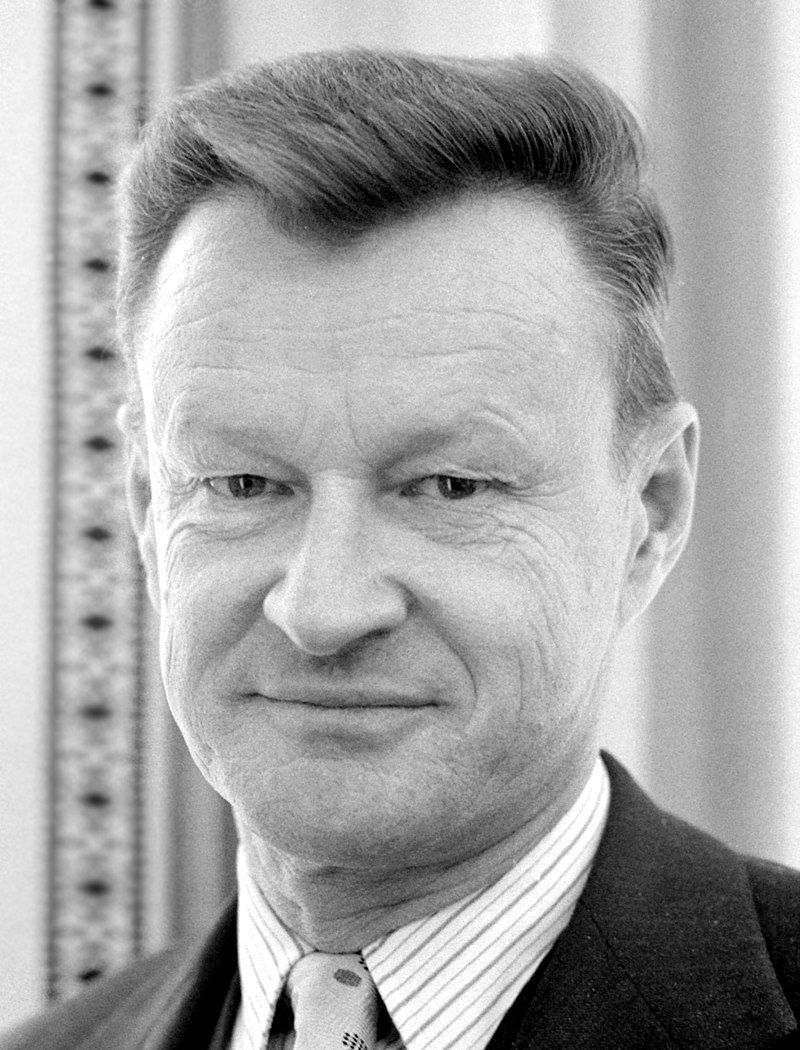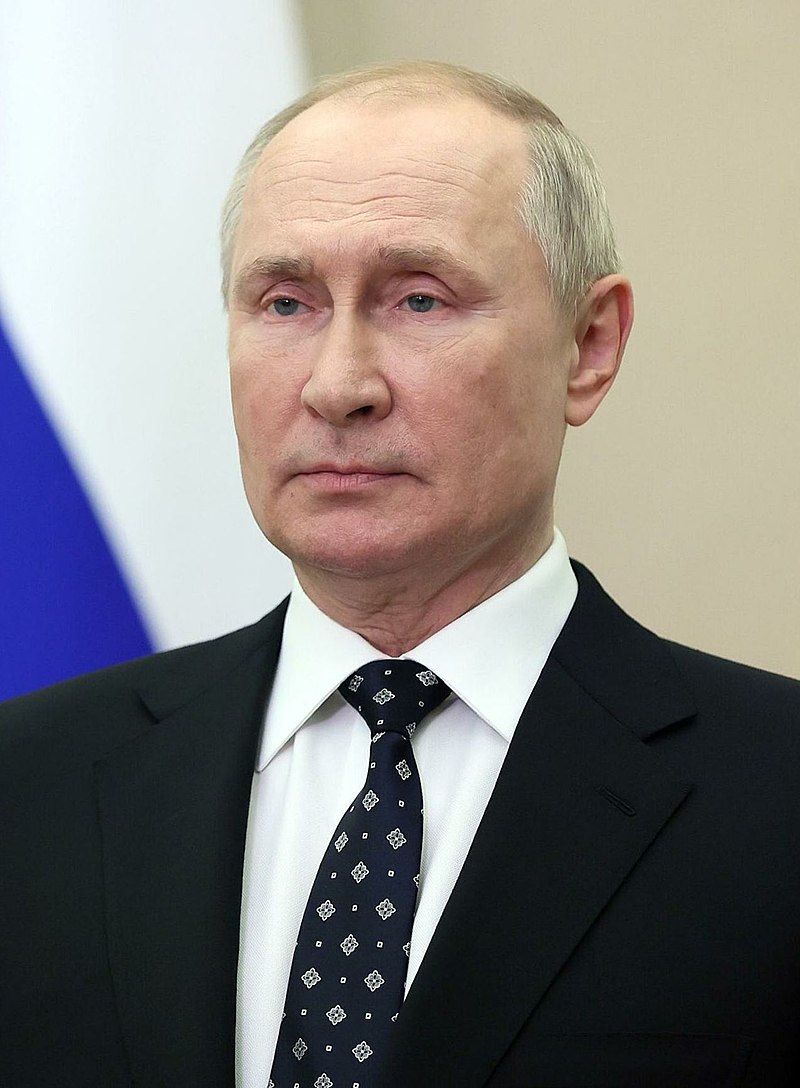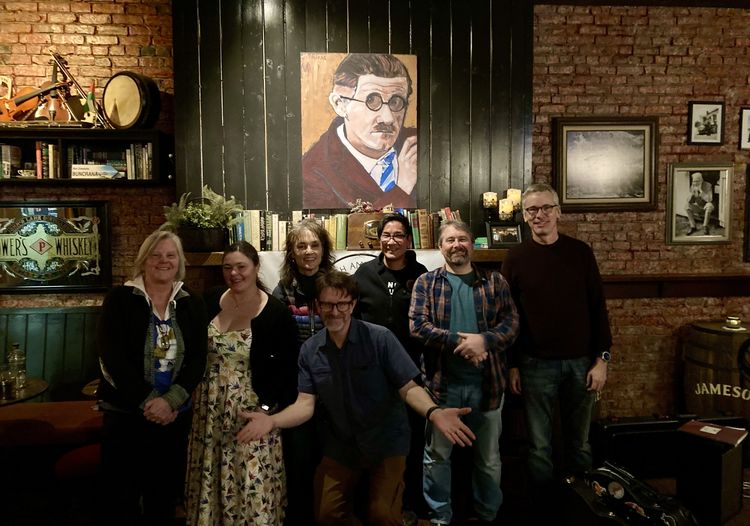I was among the many “experts” convinced that Vladimir Putin would not invade Ukraine. Our thinking still seems logical: why would he attack the second largest country in Europe – smaller only than Russia – and start a continental war in the 21st century?
What would drive him to initiate a major murderous conflict, drawing the anger of most people in Europe and beyond? Why make Russia a pariah nation, viewed contemptuously almost everywhere?
On the evening of February 21, three days before the Russian invasion, President Putin spoke at length about his beliefs in an interview on Russian radio. He angrily attacked NATO for its alleged eastern expansion, accused Ukraine of aggressive behavior and condemned the presence of Western missiles on Russia’s borders.
However, most of his tirade was directed against Ukraine’s sense of nationhood. “Ukraine is not just a neighboring country for us. It is an inalienable part of our history, culture and spiritual space. Modern Ukraine was entirely created by Russia.” In other words, from his standpoint, the border between the two countries represents just a convenient administrative division.
True to this thinking that Ukraine doesn’t really exist, except as an extension of Russia, Putin grabbed Crimea and the Donbas following the Maidan protests and murders in Kyiv in 2014. However, his stooge leader in Kyiv, Viktor Yanukovych, was forced out and the new regime in Kyiv favored close ties with the European Union.
President Volodymyr Zelensky.
Russian government media describes Ukraine as a failed state taken over by neo-Nazis with Russian forces riding to the rescue. Moscow’s master of propaganda, Vladislav Surkov, explained that historically all that works with Ukraine is “coercion into fraternal relations.”
The late Zbigniew Brzezinski, President Carter’s national security advisor, always stressed the central importance of Ukraine, asserting that without it Russia ceases to be an empire. The genesis of the current crisis can be traced back to the collapse of the Soviet Union. Until that historic development in 1991 Ukraine was ruled by Moscow for over 300 years.
The exceptional bravery and resilience shown by the Ukrainian population since the February invasion clearly contradicts the Russian war narrative. Asserting that because Ukraine was dominated by Russia in the past somehow justifies their subjugation today is clearly absurd. That logic would allow Great Britain to re-conquer Ireland because it had ruled the country for seven hundred years.
The Russian approach to their neighbors has all the marks of a colonial power. They see Ukrainian culture and language as inferior to their own. This disdainful attitude of inherent superiority, as much as their vastly superior armaments, undergirded the February invasion. The superiority myth has come face to face with the reality of a determined population that has no intention of bowing down before the ongoing fierce Russian bombardment.
While the Russian empire takes in a 3000-mile slice of northern Asia, including more than a dozen nationalities, it has always seen itself primarily as a European power. Its string of great novelists and composers has looked west for inspiration and approval, and its historic military victories over Napoleon and Hitler guaranteed Moscow great power status. In this context, the departure of Ukraine, edging towards membership of the European Union, is a huge blow to the old power structure, and it shook Putin into extreme and ill-advised military action.
Zbigniew Brzezinski.
Ironically, his barbaric behavior has strengthened the hands of the pro-European people in Ukraine – a clear majority of the population. Even if Moscow wins the current war, imagine the repressive regime they would have to install in Kyiv and how would they get any credibility or respect from the more than 40 million Ukrainians. The vast majority of Russian-speakers living in the country have shown the same disgust and repudiation of Moscow’s savage attacks as Ukrainian-speaking citizens.
Putin sees NATO as his bete noire, with designs on expanding eastward, all the way to Moscow. The NATO countries have rallied strongly behind the brave Ukrainian opposition, and, led by the United States, they are pouring money and armaments into the resistance.
In addition, Sweden and Finland, both geographically close to Russia, but, until now, remaining in the non-aligned corner, have declared that, because of Putin’s war-mongering, they need NATO protection and both countries seemingly plan to apply soon for membership. They will add considerably to NATO's strength and to Putin’s worries.
Ukraine was also at the center of oppression during the years of Soviet domination. Beginning in 1929, Joseph Stalin launched the Holodomor, literally the killing by hunger, a program of compelled deportations as well as the forceful theft of the abundant local food from Ukraine’s rural population.
This policy was rolled out in conjunction with a purge of the country’s urban intelligentsia, and it resulted in over four million deaths leaving a historical residue of deep tribal hatred.
The military consensus in the West projected that Russia would overwhelm the smaller Ukrainian forces and take control of its neighboring country in a few weeks. Russia, after all, has a defense budget twelve times larger than Ukraine’s as well as a powerful, modernized air force, navy and army which would quickly overcome their inexperienced opponents.
Ukraine was also at the center of oppression during the years of Soviet domination. Beginning in 1929, Joseph Stalin launched the Holodomor, literally the killing by hunger, a program of compelled deportations as well as the forceful theft of the abundant local food from Ukraine’s rural population.
Putin completely underestimated the way the West coalesced behind American leadership and provided Ukraine with an abundance of their best tanks and missiles. President Biden’s request to Congress for a massive 33 billion dollars is, at the moment of writing, likely to be approved, and this level of generosity is matched by some of the powerful European countries.
The Russian generals’ belief that the Germans especially would never support serious sanctions because they depend on Russian oil and gas for their economic development was completely off the mark. They underestimated the disgust evoked throughout Europe by Russia’s war-mongering. The leaders of the vibrant European economies and President Biden have President Volodymyr Zelensky’s back.
Their firm support for Ukrainian forces has turned the tide in the war, and an increasing number of military experts give them a real chance of driving the Russians back and re-establishing control over their own country. If the Russians are defeated it will be a massive fillip for democracies everywhere in the world and a huge setback for all stripes of belligerent fascism.
Putin has dangled the use of chemical or nuclear weapons in case his conventional forces are losing and in disarray. In making these threats he is wearing the hat of a mad scientist who gains credibility because of his derangement. Would he really press the button that would lead to a world conflagration that might well end all life on the planet rather than accept defeat?
Surely not. But think of a defeated and humiliated Russian leader who values power over everything, losing all credibility and international standing. In his bitterness and disillusion, would he resort to using weapons of mass destruction?
Gerry O'Shea blogs at wemustbetalking.com








